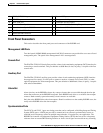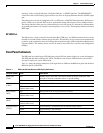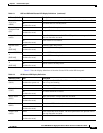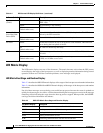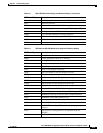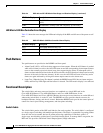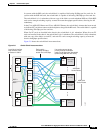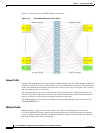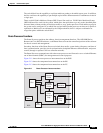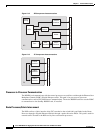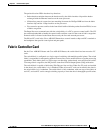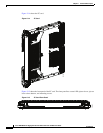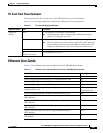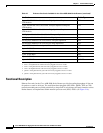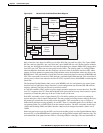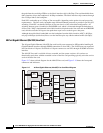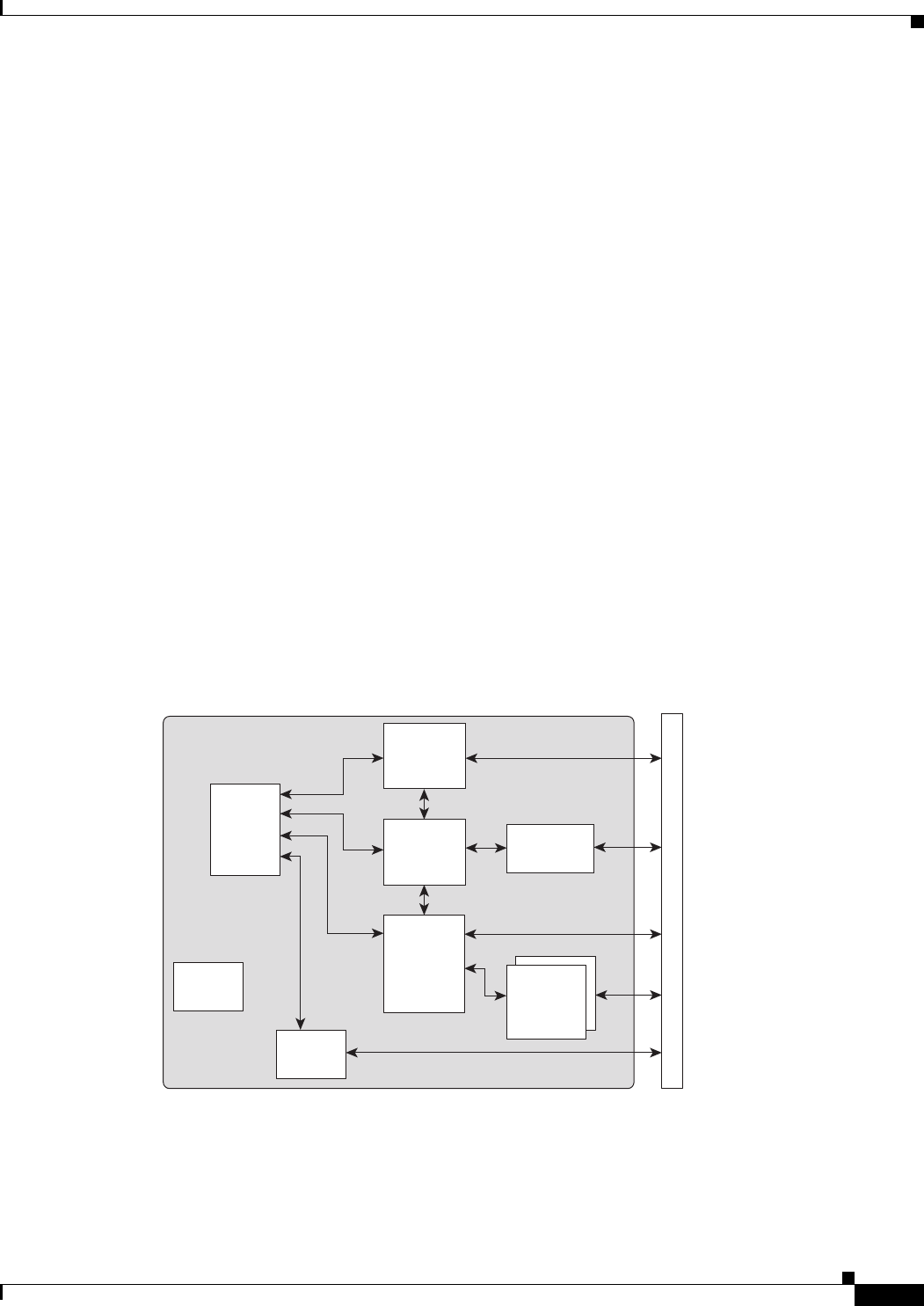
2-17
Cisco ASR 9000 Series Aggregation Services Router Overview and Reference Guide
OL-17501-09
Chapter 2 Functional Description
Route Processor Card
The switch fabric has the capability to replicate multicast packets to downlink egress ports. In addition,
the line cards have the capability to put multiple copies inside different tunnels or attachment circuits in
a single port.
There are 64-K Fabric Multicast Groups (RSP 2-based line cards) or 128-K Fabric Multicast Groups
(RSP 440-based line cards) in the system, which allow the replication to go only to the downlink paths
that need them, without sending all multicast traffic to every packet processor. Each multicast group in
the system can be configured as to which line card and which packet processor on that card a packet is
replicated to. Multicast is not arbitrated by the VOQ mechanism, but it is subject to arbitration at
congestion points within the switch fabric.
Route Processor Functions
The Route Processor performs the ordinary chassis management functions. The ASR 9000 Series
Routers run Cisco IOS XR software, so the Route Processor runs the centralized portions of the software
for chassis control and management.
Secondary functions of the Route Processor include boot media, system timing (frequency and time of
date) synchronization, precision clock synchronization, backplane Ethernet communication, and power
control (through a separate CAN bus controller network).
The Route Processor communicates with other route processors and linecards over a switched Ethernet
out-of-band channel (EOBC) for management and control purposes.
Figure 2-11 shows the route processor interconnections on the RSP.
Figure 2-12 shows the component interconnections on the RP.
Figure 2-13 shows the component interconnections on the FC.
Figure 2-11 Route Processor Interconnections
RSP
243066
B
a
c
k
p
l
a
n
e
Fabric
Interface
Chip
Fabric
Chip
System
Timing
GE
Switch
CPU
Packet
Diversion
FPGA
CPU
Interface
FPGA
VOQ
Scheduler



